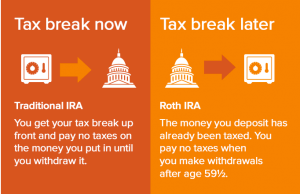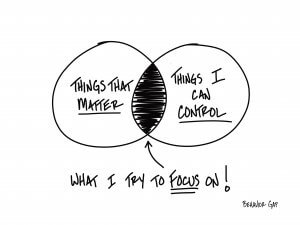
When is the Best Time to Start Social Security?
Financial PlanningJun 02, 2022
As retirement approaches, one of the most important decisions to make is when to start Social Security benefits. There are different schools of thought on this topic. Some people want to start it early because they are afraid the benefits won’t be there someday. Others want to use it to supplement their pay for a year or two so they can pay down debt before retirement. The reality is that every situation is different. However, the decision is an important one and there is a lot of room for error.
Social Security benefits can begin as early as age 62 at a reduced rate. There is an earnings limit of $22,320 for 2024 if you’re under your full retirement age (FRA). Any earnings over that limit would result in a reduction of your social security benefits by $1 for every $2 earned over that limit. It is worth noting that only income from employment counts towards these calculations. The reduction can add up quickly and is usually a deterrent to starting Social Security early.
Once you reach your FRA, the income limits no longer apply. However, you do still have to worry about how your income affects the taxation of your Social Security. In addition to your earned income, retirement distributions, pension income, dividends and interest including tax free interest all have an impact on the taxability of your Social Security. This should be considered when you are planning your retirement withdrawals from your assets.
The last thing to understand is that you don’t have to take your Social Security at your FRA. For every year you defer up to age 70, your benefit is increased by 8%. The increase is calculated monthly at a rate of 2/3 of 1%*. This means that you can start it whenever you want between your FRA and age 70 at a higher rate that is growing monthly. The increases stop at age 70 so there is no advantage to deferring past that age.
If you are working and don’t need the money, you can make a strong argument to continue to defer your Social Security. Of course, there are other factors, which is why you should consult a professional before making that decision. For example, if you are the primary wage earner, deferring can potentially increase spousal benefits as well. This may continue to benefit your spouse even after you pass away. Another consideration is taking your Social Security and investing it if you don’t need it.
When to start Social Security is another financial question that has an answer that very much depends on your situation. Taxes, employment status and the breakdown of your retirement assets should all be considered in your decision. Take the time to review all of these factors and get a plan in place to make the best possible decision for you and your family.
*www.ssa.gov


